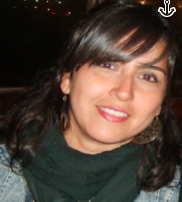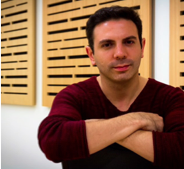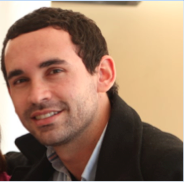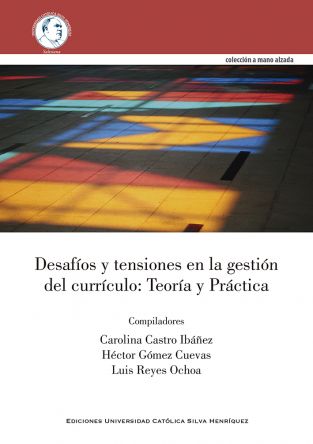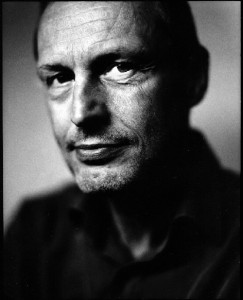The Institute for Critical Education Studies is please to sponsor two upcoming seminars on curriculum issues in Latin America and Spain.
Curricular Discourses with Practical Implications:
Perspectives and Experiences From Spain & South America
September 22, 2016
11:30am – 1:30pm
Scarfe 310
University of British Columbia
This seminar brings together scholars from Spain and South America working within a variety of curriculum studies traditions to discuss curriculum issues in contexts ranging from elementary education to higher education. The seminar will be an opportunity to explore how curricular discourses have implications in educational practices in local, national, and global contexts.
Panelists include Dr. Renato Gazmuri (Universidad Diego Portales, Chile); Sandra Delgado (Colombia), Fernando M. Murillo (Chile), Breo Tosar (Spain), and Héctor Gómez (Chile).
Curricular Ideologies in the Discussion and Negotiation of the Chilean Social Studies Curriculum
Monday, September 26, 2016
Noon – 1:oopm
Scarfe 1209
University of British Columbia
Renato Gazmuri, PhD, Assistant Professor at Universidad Diego Portales (Chile).
Dr. Gazmuri will discuss his research on the construction of the social studies curriculum in Chile. The Chilean social studies curriculum has been defined through processes of discussion and negotiation between diverse actors and institutions with different views on the subject. In order to identify and describe these ideologies, a sequential and recursive methodological device was designed and applied in three stages of production and analysis of information: a documentary compilation around three curricular events of debate and negotiation, application of questionnaires, and interviews. At each stage a content analysis was performed. Five curriculum ideologies are identified and described, considering their assumptions about how the curriculum should define the subject matter, as well what its aims, contents and its guidelines for teaching.
These seminars are free and open to the public.
The Institute for Critical Education Studies (ICES) was formally established in October 2010 to conduct and support cultural, educational, or social research within a critical education or critical pedagogy tradition. The ICES network consists of two flagship journals (Critical Education and Workplace: A Journal for Academic Labor), two primary blogs (ICES blog and Workplace blog) and an array of other social media.
